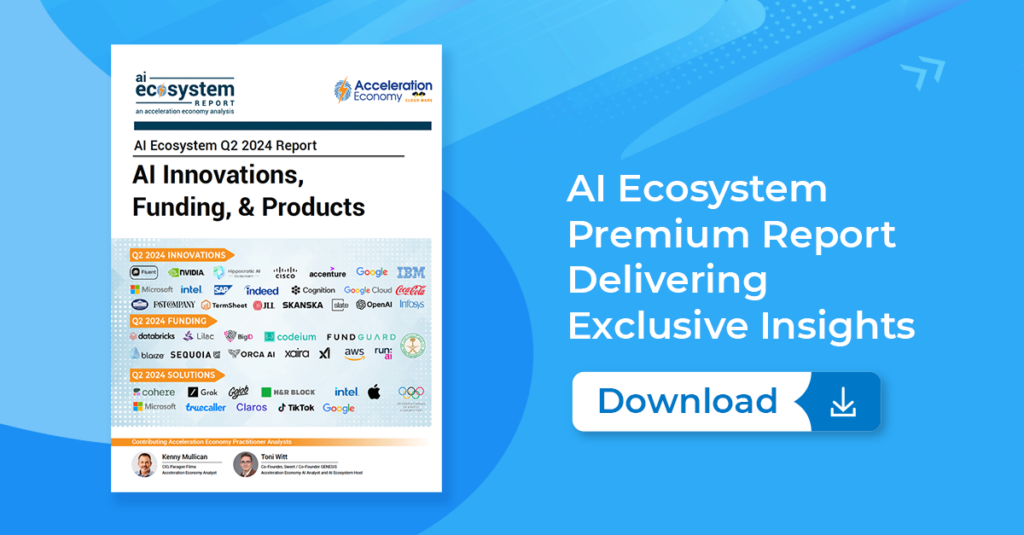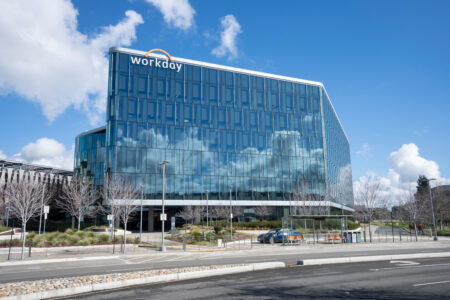
While Microsoft posted fiscal-Q4 cloud revenue growth of 21% to $36.8 billion, CEO Satya Nadella continued to claim that his embattled security business is the company’s top priority while simultaneously offering no new information on what he and his team are doing to fix that massive risk.
First, a quick overview of key Q4 numbers for the quarter ended June 30:
- total cloud revenue of $36.8 billion, up a very impressive 21%;
- Azure growth of 29% (in the prior quarter, it was 31%);
- AI contributed eight points of that Azure growth, and “demand remained higher than our available capacity,” Microsoft said;
- Dynamics 365 growth of 19%;
- Q1 Azure guidance: for the quarter ending Sept. 30, Microsoft expects “growth to be 28% to 29% in constant currency” with that growth “driven by our consumption business, inclusive of AI, which is growing faster than total Azure”; and
- CapEx reached a whopping $19 billion, with Microsoft stating that “Cloud and AI related spend represents nearly all of total capital expenditures.”
So, looking at Microsoft Cloud’s performance on revenue and growth, that’s all very impressive —yes, some key growth rates declined slightly, but that’s certainly to be expected with a company that’s now on a fiscal-year run rate of almost $150 billion. Speaking of that total: If Microsoft Cloud were an independent entity, it would be by far the world’s largest enterprise-tech company. By my estimation, the next-largest enterprise-tech company would be AWS, which based on Q1 revenue of $25 billion was on a $100-billion run rate — and I think we can safely guess that when Amazon releases Q2 numbers for AWS later today, that updated run rate will be in the range of $105 billion to $110 billion.
Why the Big Whiff on Security?
But like Sherlock Holmes’ famous dog that didn’t bark, Satya Nadella’s relative reticence on the company’s recent pledge to enact a sweeping and end-to-end overhaul of its security business is, in my opinion, very troubling.
A few months ago, I wrote a series of articles about this potentially disastrous problem for Microsoft, and you can get a very good picture of that challenge in my May 9 analysis headlined “Can Satya Nadella Repair Microsoft’s Badly Broken Security Culture?” That analysis was precipitated by my extensive early coverage of Microsoft’s big problem, which Nadella and the head of Microsoft’s security business, Charlie Bell, addressed in early May with outlines of their plans to fix the broad and deep security challenges Microsoft faces.
So this week’s very visible fiscal-Q4 earnings call was the perfect time for Nadella to offer some thoughtful insights on the progress Microsoft has made and the lessons Microsoft has learned around securing its customers’ data and IT operations, which has become perhaps the #1 tech-related issue for business leaders.
But instead, Nadella offered only a tepid rehash of what he’s said in the past, despite prefacing that mushy overview by saying, “We continue to prioritize security above all else.”
Really? If that’s actually true — and if Microsoft continues to “prioritize security above all else” three months from now when it releases Q1 numbers — then Nadella should trash his standard earnings-call script and talk about that #1 priority of security at the very top of his prepared remarks, rather than burying his discussion of security as the eleventh product group he discussed.
Yes, while “We continue to prioritize security above all else,” Nadella chose not to mention until after he had discussed 10 other parts of Microsoft’s business — and here they are in the order he spoke about them: Azure, Azure AI, Intelligent Data Platform, GitHub, Copilot (more discussion by far of this product group than any other), Industries, Business Apps, Teams, Devices, and then finally Security. But don’t worry — it’s the #1 priority.
Hmm…so I wonder why Nadella expended 142 words discussing Security, but 146 words discussing Microsoft’s Gaming business?
Beats me — maybe in the AI Era, less is more??
And what Nadella actually did say about Security — and don’t forget, “We prioritize security above all else” — was retreaded boilerplate, with absolutely zero new information on how the company is trying to overhaul its security culture, security processes, and security technologies to avoid still more customer disasters. For example:
“We are doubling down on our Secure Future Initiative, as we implement our principles of secure by design, secure by default, and secure operations. Through this initiative, we are also continuously applying what we are learning, and translating it into innovation for our customers, including how we approach AI.”
Okay, sounds comfy and all that — but three months ago, Nadella made essentially the same commitment about the same initiative with the exact same line about “secure by design, secure by default, and secure operations.”
But as far as introspection and transparency, that was it — Nadella devoted his next and final 100 words about that part of the business that “we prioritize…above all else” talking about how big Microsoft’s security business is and how many customers are using it and how wonderful Copilot for Security is proving to be.
Final Thought
Looking at this botched attempt by Nadella and his company to gloss over an incredibly strategic —and potentially dangerous — issue, I am simply stunned that Nadella’s comments were so tone-deaf. And having followed his public commentary for more than decade, I don’t believe for a second that the eloquent and wildly successful Nadella was not aware of the opportunity he had to demonstrate —not just mouth the words, but actually demonstrate — his company’s commitment to providing secure and trustworthy products and services for Microsoft’s customers.
But by saying so little of value about security, Nadella chose not to seize that opportunity.
And ironically, that reticence says a lot.
And none of it is good.

The AI Ecosystem Q2 2024 Report compiles the innovations, funding, and products highlighted in AI Ecosystem Reports from the second quarter of 2024. Download now for perspectives on the companies, innovations, and solutions shaping the future of AI.









